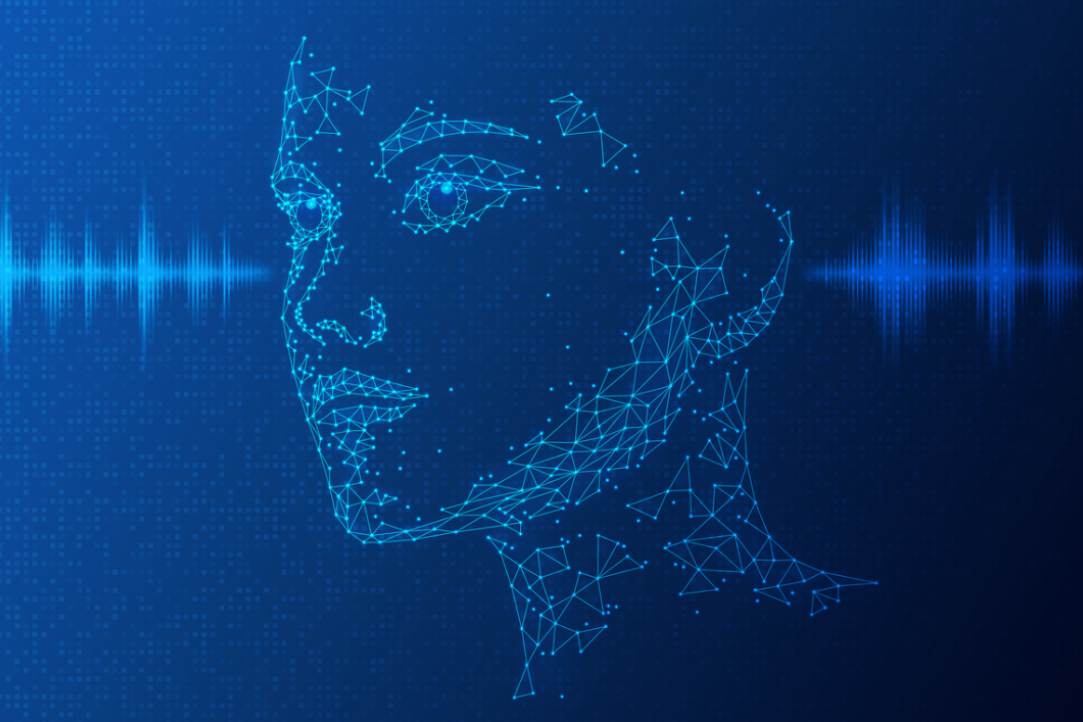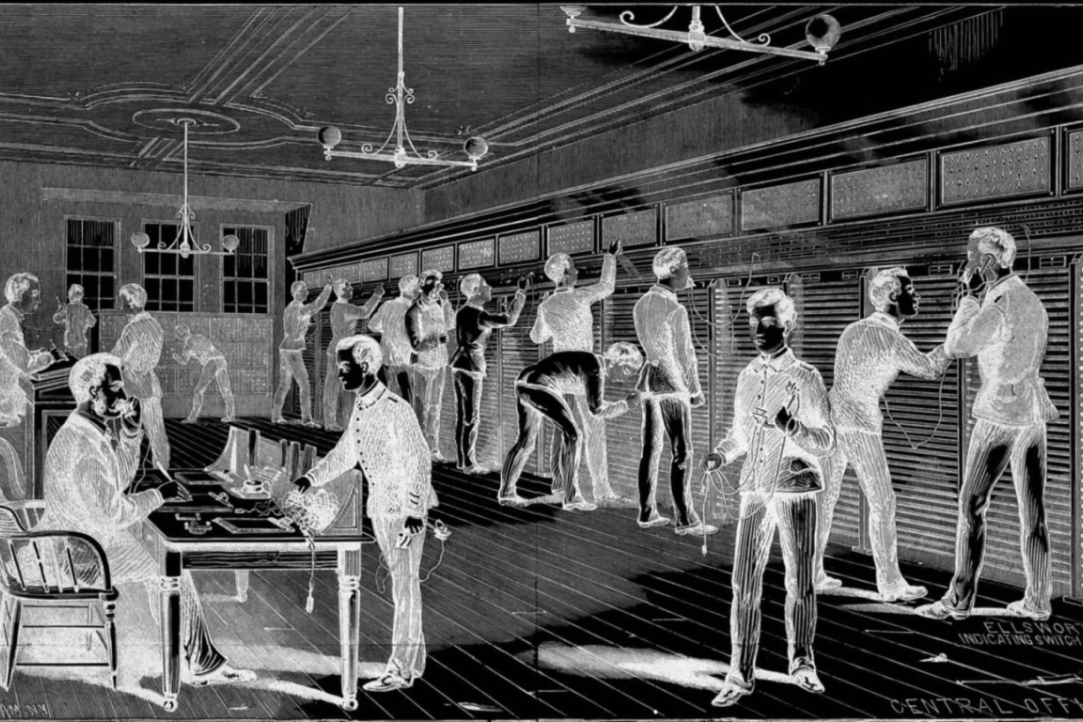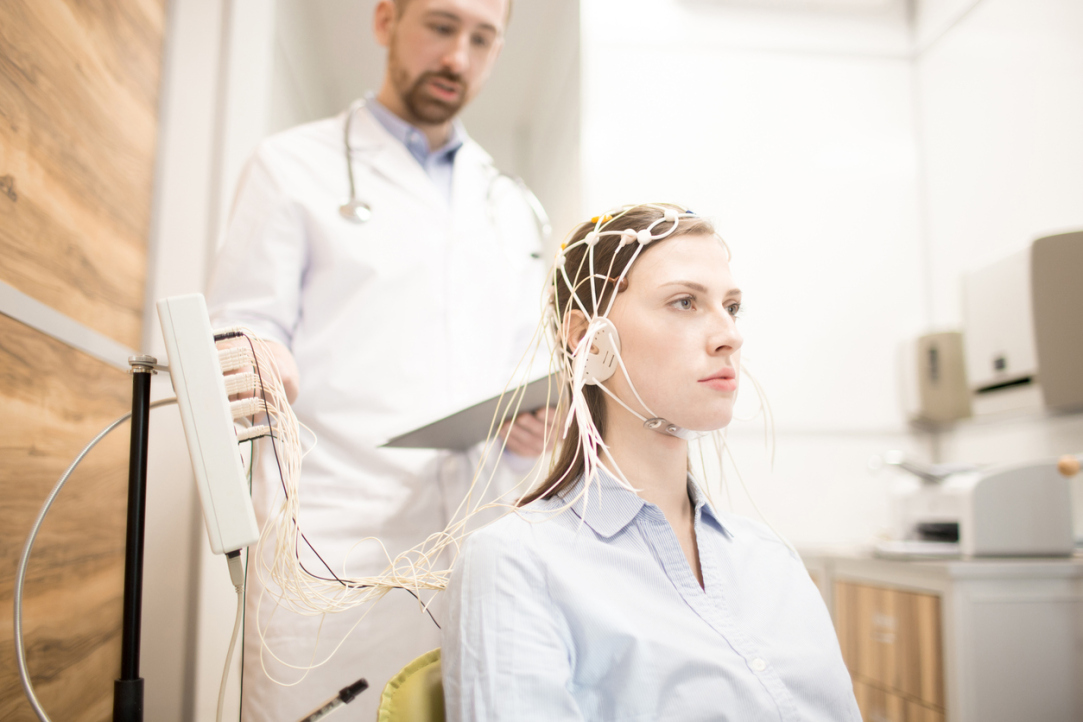
Artificial Feelings: How AI and Robots Understand, Express and Experience Emotions
Today, neural networks can easily identify emotions in texts, photos and videos. The next step is modelling them—an essential component of full-fledged intelligence in people and machines alike.

How the Telephone Conquered the World. Episode Four: David the Start-up Versus the Corporate Goliath
The history of the invention of telephony reads like a captivating detective novel, but even more intriguing are the events that contributed to the worldwide adoption of this technology. In this series of columns on IQ.HSE, Anton Basov, HSE Faculty of Computer Science editor, discusses how telephones have become an integral part of our everyday life. The fourth episode of the series recounts the story of the fledgling start-up's confrontation with hordes of patent trolls and its subsequent victory in a full-blown corporate war against the largest telecommunications company of the late 19th century.

HSE Neuroscientists Use Neural Network to Enhance Neurofeedback Technology
Researchers from HSE University and the Artificial Intelligence Research Institute (AIRI) have successfully lowered the latency between a change in brain activity and the presentation of the corresponding neurofeedback signal by a factor of 50. The results were obtained by employing a neural network trained in low-latency filtering of brain activity signals from diverse individuals. This approach opens up new prospects for the treatment of attention deficit disorder and epilepsy. A paper with the study findings has been published in Journal of Neural Engineering.

Financial Sector Risks Can Hinder Transition to Green Economy
According to HSE and MGIMO economists, increased financial sector risks in developed countries may be associated with a higher carbon footprint in banks' loan portfolios. This is likely due to the fact that in response to an unstable economic situation, banks tend to issue more loans to companies that have a detrimental impact on the environment. Although this might yield short-term profits for the banks, such trends hinder humanity's progress towards achieving a green economy. The paper has been published in Environmental Science and Pollution Research.
.jpg)
Online Rhythmic Transcranial Magnetic Stimulation Can Reveal the Precise Moment When Preferences Shift in the Human Brain
Cognitive dissonance is a complex and multifaceted psychological phenomenon that arises in challenging decision-making scenarios. Multiple regions of the brain participate in its occurrence, yet the neurodynamics of underlying cognitive mechanisms remain a subject of debate. Researchers from the HSE Institute for Cognitive Neuroscience have proposed the use of online transcranial magnetic stimulation applied to participants as they were actively engaged in tasks, to pinpoint the moment of cognitive dissonance resolution. Their findings have been published in a review paper in Frontiers in Human Neuroscience.
.jpg)
Millennials Are Three Times Ahead of Zoomers in the Monetised Creator Economy. Even Boomers Outperform Them. Okay Then…
A group of specialists from the HSE Institute for Cultural Studies, Vitaly Kurennoy, Alexander Suvalko and Maria Figura, have determined two main trends that are actively shaping the image of the creative economy and culture in 2021-2023: the creator economy and the maker economy.

A University's Special Status Is Correlated with a Substantial Increase in Salaries for Graduates
A university education is a highly sought-after commodity in Russia, yet the quality of universities and their programmes varies significantly. This gives rise to risks of inequality, both in the realm of education and in the labour market, and subsequently impacts the returns on higher education, which are manifested in the salaries earned by graduates. According to a study by Ilya Prakhov, Assistant Professor of the HSE Faculty of Economic Sciences, graduates from Russia’s top-tier universities enjoy a distinct advantage. The paper has been published in the International Journal of Educational Development.

Nanai and Chukchi Found Intolerant to 'Mushroom Sugar'
A team of researchers from HSE University, the RAS Research Centre for Medical Genetics, and the Moscow State University Institute of Anthropology have examined the impact of the human genotype on the production of trehalase, an enzyme responsible for metabolising 'mushroom sugar'. The researchers examined 1,068 DNA samples collected from inhabitants of northern and Arctic regions of Russia and found that the overall risk of trehalase deficiency in certain indigenous northern populations can be as high as 60–70%. The paper has been published in Problems of Nutrition.
.jpg)
News Finds You: HSE Researchers Study Media Consumption of People Who Avoid News
News avoidance is a global phenomenon that affects millions of people around the world. Despite their conscious refusal to consume media content, many argue that the most important news still finds them. Researchers at the HSE Laboratory for Studies in Economic Sociology have studied how people perceive the ‘news-finds-me’ effect. The results of the study were published in the Bulletin of Moscow University.
.jpg)
Card File: Travel Diary
Optimising a city's transportation system requires insights into the dynamics of urban traffic to understand where, how, when, and to what extent people travel within the city. The rationale behind route selection and the choice of transportation mode are also of importance. The primary source of this data is the travel diary, a tool designed to survey people's transport behaviour. Based on a paper by Maria Sergienko, a master's student of the HSE Faculty of Urban and Regional Development, IQ.HSE examines how people's daily travel can be described in detail and why an automated diary cannot yet completely replace its manual counterpart.


Deadline for applications to present academic reports - January 20, 2025